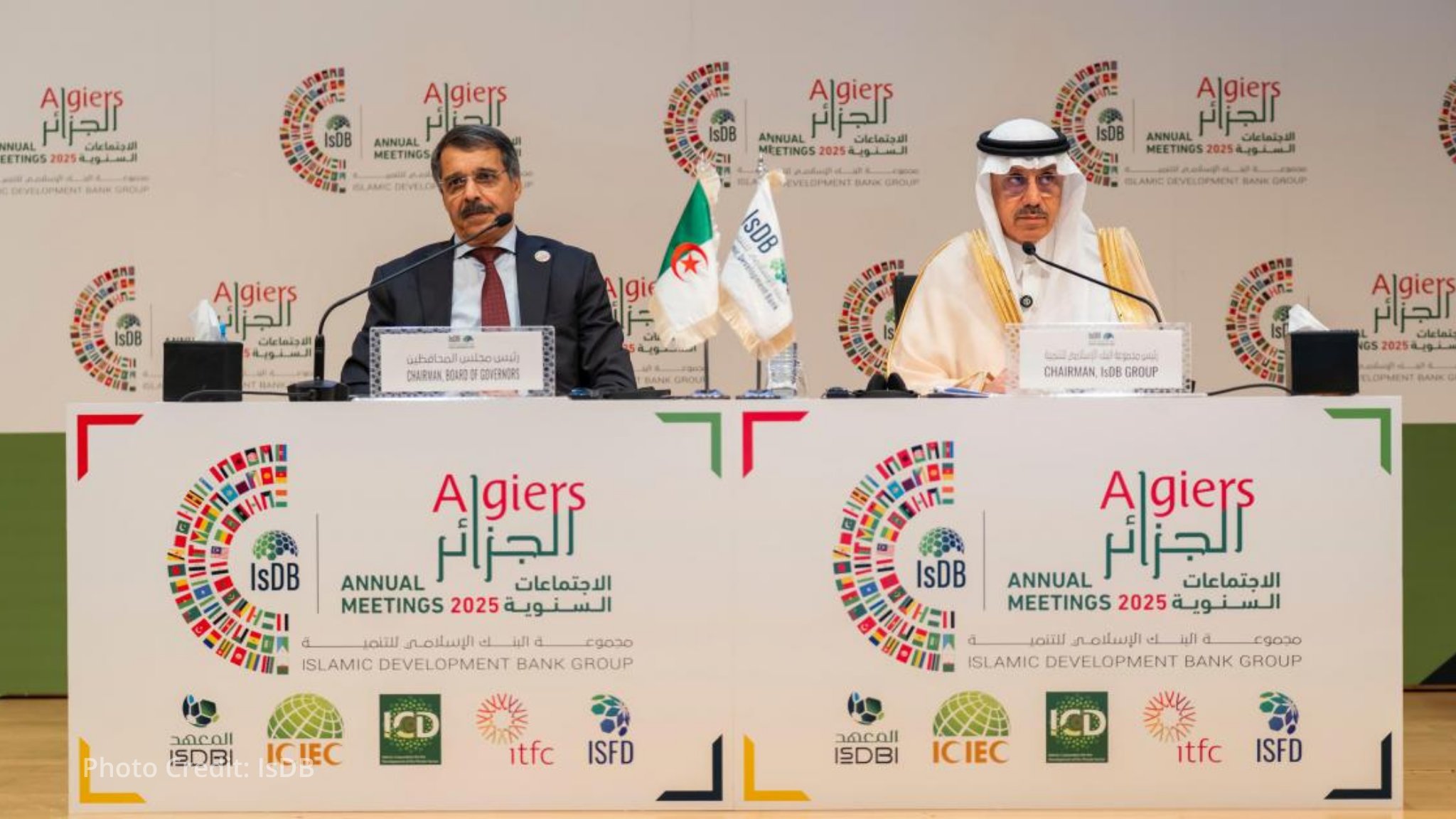The Islamic Development Bank (IsDB) approved nearly $1.27 billion in funding for development projects across 12 member countries in Asia, Africa, and the Middle East, according to an IsDB.
The bank’s executive directors signed off on the money during their 362nd meeting on September 29, 2025, with IsDB President Dr. Muhammad Al Jasser running the session. Pakistan got the biggest chunk – $475 million for the M-6 motorway project. The cash will pay for transport, renewable energy, healthcare, agriculture, and governance reforms. IsDB wants to help build stronger economies in Muslim-majority countries that face lots of development challenges.
These countries deal with climate change, growing populations, and shaky economies that put pressure on their infrastructure and public services. Roads are falling apart, electricity is unreliable, healthcare access is limited, and food security is a problem. The bank follows Islamic finance rules while backing projects that can create jobs and make life better for millions of people.
The approved projects cover different sectors and regions with varying amounts of money. Uzbekistan gets $192 million to fix up the 4R40 road in Jizzakh region to bring in more tourists and investors. Bangladesh receives $143.28 million for a 220 MW solar power plant that will also help local communities. Turkey gets €140 million for the Antalya-Alanya motorway to cut down on traffic jams and pollution. Nigeria will use $50 million to make farming more resilient in Yobe State. Uganda gets money for cancer treatment centers and rural development programs.
Smaller countries got funding too. Senegal received €36.51 million for a school meals program that links local farmers to markets. Guinea will finish the Boké-Québo road with €32 million to help agricultural areas grow their economies. Sierra Leone gets $30.55 million to boost cassava production and create opportunities for women, young people, and disabled individuals.
The bank also approved $7 million for the Tadamon 2.0 Community Empowerment Program to reach vulnerable populations across member countries with digital literacy, healthcare, and Islamic finance training while helping civil society organizations.

